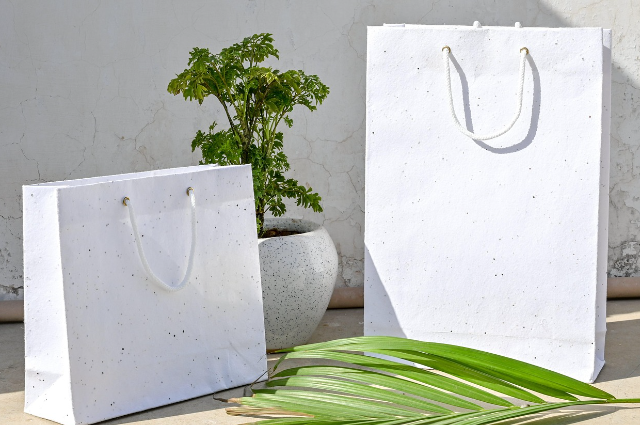
Okayyy, so let’s talk about sustainability. Honestly, it’s everywhere now, right? And not gonna lie, it’s about time. People are finally realising that the planet isn’t gonna fix itself, and they’re kind of tired of brands just saying “we care” and doing nothing. Like, I feel you, I get it, it’s annoying. I mean, who even buys into those fake green campaigns? Not me, not anyone I know. People want real stuff, action, something they can actually feel, you know?
So first things first, materials. Oh my god, this is huge. Like, literally everything your brand uses matters. Packaging, fabrics, products…even small things can make a difference. I’m talking about switching plastic for paper bags, reusable pouches, even tiny stuff like the labels you use. And it doesn’t have to be fancy or expensive. I mean, have you seen No Nasties? They make 100% organic cotton clothes, everything is carbon negative, and their packaging is zero-plastic. And the best part? People notice. It feels real. People feel like they’re supporting something meaningful, not just another “trendy” brand trying to look cool. Even if your brand is small, you can start here. Small changes do add up, trust me.
Energy is another one that brands seriously ignore too often. I feel like nobody talks about it enough. The electricity, the machines, the lights, all of that adds up. You can literally make a big impact by switching to LED lights, using energy-efficient machines, or, if you can swing it, solar panels. Big brands like Asian Paints are going full renewable energy and cutting down emissions like crazy, but honestly, small brands can start simple. Even just turning off machines when not in use or using smart energy devices makes a difference.
One thing I absolutely love is when brands involve their customers in going green. Like, simple stuff, take-back programs, refillable products, discounts if you bring your own packaging. People LOVE that. It’s so simple, but it actually works. Brands like Suta and The Summer House do this so well. They’re not just selling clothes, they’re making their customers feel like they’re part of the solution too. And that’s the kind of thing that actually builds loyalty. Not just fancy ads or cute captions, I mean a real connection.
Supply chains are another thing brands often ignore. Honestly, a lot of pollution happens before the product even reaches us. Like, where the materials come from, how far they travel, how the factories operate, it all matters. If you source locally, pick suppliers who actually care about the environment, and reduce unnecessary packaging, you’re already doing a lot. Take Okhai, for example. They work with rural artisans, use ethical materials, and create beautiful handcrafted products. And the best part? It’s not just a product, it’s a story, a lifestyle, a community. People feel that. People relate to that.
Water usage. Ohhh, don’t even get me started. Fashion, cosmetics, food, it’s insane how much water gets wasted. Low-water production techniques, treating wastewater responsibly, biodegradable ingredients…small things, but when you multiply them across thousands of products, it’s huge. Every drop counts, literally.
Giving back is where it gets really nice. Actions speak louder than words, always. Plant trees for every product sold, support clean-up drives, run fun campaigns about reducing plastic…people notice. They remember actions, not slogans. Brands like Doodlage and No Nasties have literally built communities around this, and it works. People stick with brands that actually walk the talk, not ones that just pretend to care.
But okay, real talk, don’t even think about greenwashing. People can smell it from a mile away. Be honest about what’s working, what’s in progress, and admit mistakes. That honesty builds trust. Way faster than pretending you’re perfect.
At the end of the day, sustainability isn’t about perfection or fancy labels. It’s about showing you care, inspiring others, and building a brand that’s more than just products. Even small brands can start with simple, better packaging, smarter energy, conscious water usage, or planting trees. Step by step, it becomes a story people actually connect with, something they want to support. Honestly, if your brand can mix good products with real care for the planet, it’s not just selling, it’s creating a movement. People notice. They stick around. They talk about it. And honestly? It feels good too. Your brand isn’t just a name, it’s a difference you’re making. And that, my friend, is something worth building.
